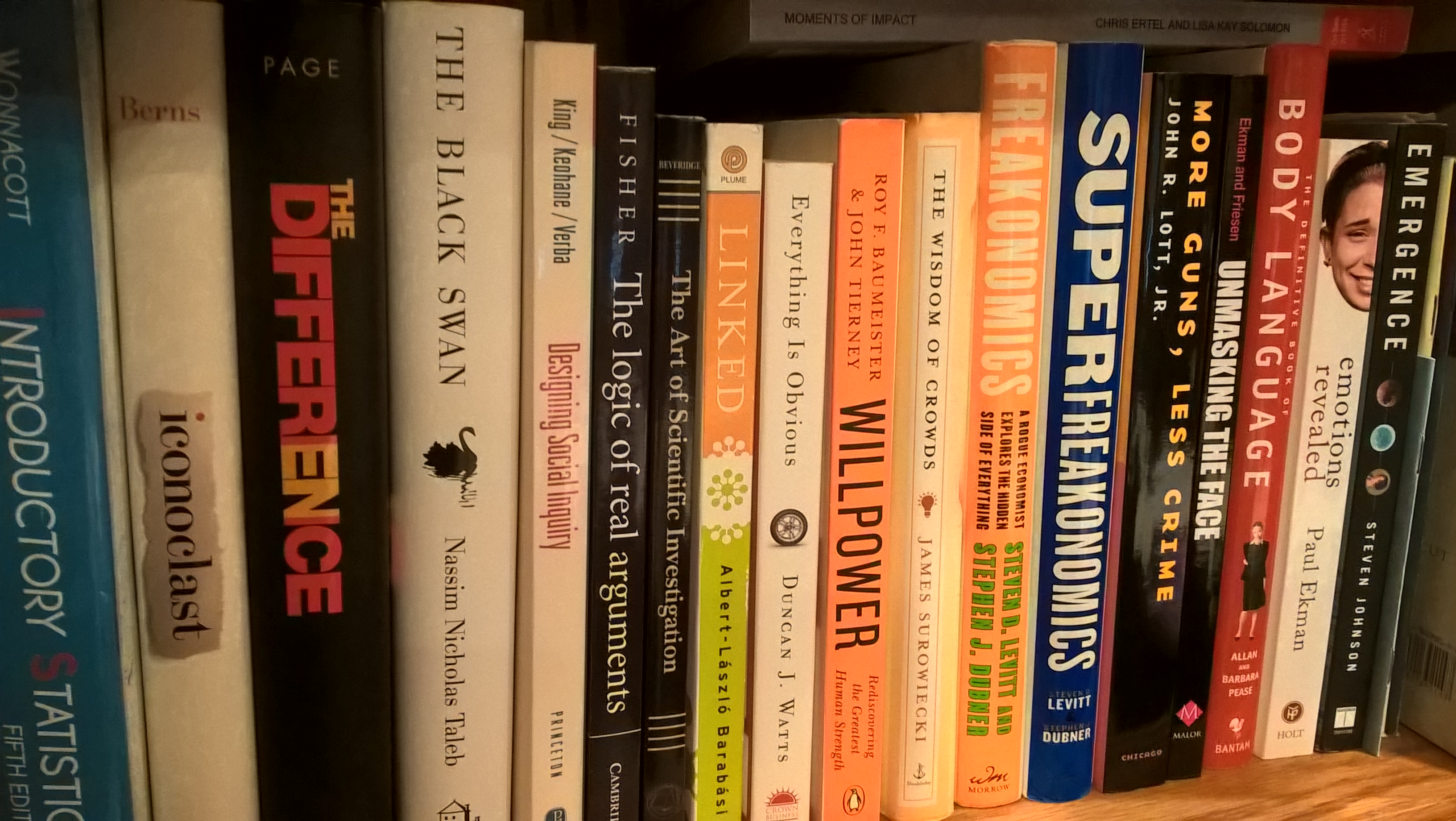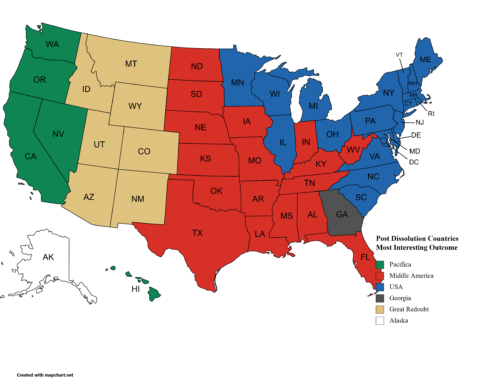“What are the last 5 books you’ve read?”
I was surprised how often I was asked that question as a young rising professional by my bosses and other senior leaders considering hiring me. Then as I grew older, I found myself asking the same question to my direct reports when I took over a new job and to those who I was considering hiring. And I also noticed that whether it was a Presidential election, or a local race, there isn’t a candidate who isn’t asked about the last 5 books he or she have read. Their answers are always illuminating.
Now, as a consultant and mentor, I see well-established patterns in both individuals and businesses regarding the culture of reading. I know something about what I’ll find in the business when I hear that the company’s senior leaders ask that question. I also can pretty accurately predict the rocky road for individuals who are flummoxed by that question. I smiled when my daughter’s university asked her that very question for her interviews for the Presidential Fellowship.
So what is the big deal with asking about the last 5 books a person has read? What is the best answer to give? I mean, shouldn’t I just advise my mentorees as to what 5 books to always say?
In truth, the best answer is just the truth. There is no other best answer. When I ask that question, I am not hoping for nor looking for any particular answer. I’m simply looking for the same thing my former senior mentors were looking for from me, namely, whether I had a commitment to reading and inquiry and what the nature of that inquiry is. The answer immediately says something about a person and his or her current thought process.
Unfortunately, the most common answer I receive from my mentorees and clients is that they really don’t have time to read and can’t seem to get interested enough to make it a priority. And for them, that is the truth – not good or bad, just the way it is. But I want to challenge you to change your situation and make a new truth for yourself.
I’ve written about the need to be less of a doer and more of a long-range thinker and leader as you rise in your professional ranks. I would urge you as a senior leader to take some amount of time you spend on the “doing” end of your business and let your doers do their jobs, while you reallocate that time for reading at your desk. This does two things that benefit your entire organization.
First, it shows you and your people that you trust them to do the work without needing to micromanage them. Second, it shows everyone you are serious about your role as a senior leader in providing vision, clarity or direction and reinforcement for your people. They’ll see you expanding your mind and ability to have a vision and provide clarity and support to them.
When I was a senior officer at the Pentagon, a civilian senior leader coming out of a very stressful meeting walked past my desk, saw me reading, and flippantly commented that it was nice to see I had enough time on my hands to read on the job. I asked the boss to have his assistant let me know when he was free to talk so I could explain what it was I was reading at my desk and why. An hour later I was in his office with my book (Scott Page’s, The Difference; an outstanding work on the importance of diversity in decision-making). I showed him how Page’s research could be applied to advanced analysis and decision-making. I then went back to my desk to continue reading and taking notes for work.
I recommend that whatever level you are, you begin keeping a reading list. I don’t mean a list of all the books you have read, or books you intend to read. I mean having your own criteria for what books you would recommend to others if they came to ask you what to read. I won’t tell anyone what your criteria should be. In fact, I had a friend once ask me why certain books weren’t on my list (click here to see my reading list). I told him to beat it. This was my list. He could make up his own. My own criteria are that I have to have read the book. I have to be able to justify it in a few words in the explanation field. And the list has to fit on two sides of a single page. Since that space is full, any time I want to add a book, I have to take something else off. That makes it tough.
Now as a boss who is seeking to develop your own future leaders and your replacement, I think it is important that you have a few books that not only recommend to your direct reports or mentorees, but that you buy for them to show them you’re serious. When your people ask you for reading recommendations, I strongly urge you to take their individual situations in mind when giving them a title. Where are they in their careers? What are their aspirations? Is there something they’ll be working on very soon that you can prepare them for? Your list is yours, but I’d strongly urge you to not limit your list to business books, self-help books, or non-fiction. Fiction can really be appropriate to give your people, especially when your goal is to expand their abstract thinking.
So what are the last 5 books you’ve read? Be ready to answer that question and keep your list running.
Keep thinking…






Leave A Comment